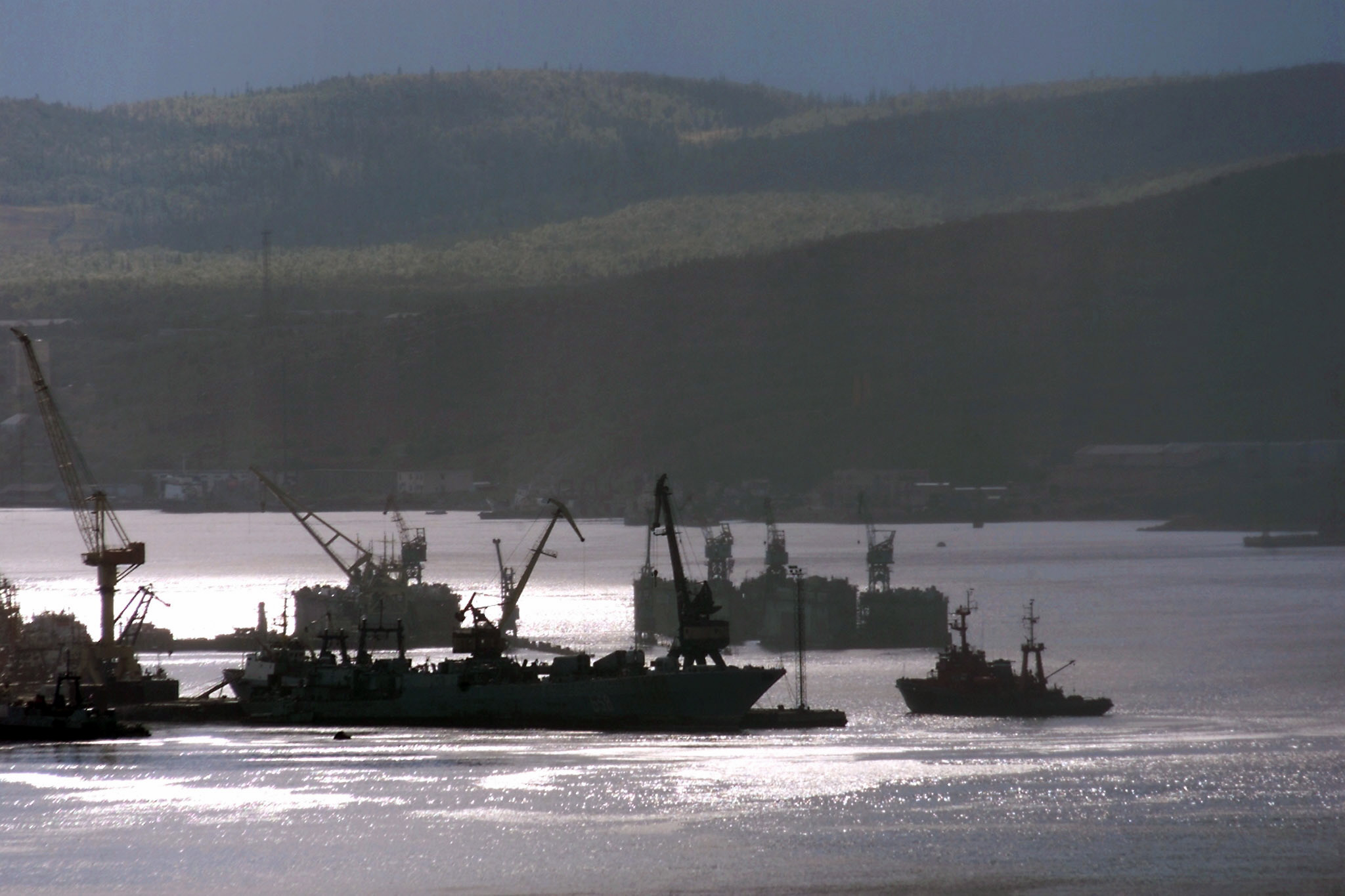Russia plans to increase Northern Sea Route capacity

Russia’s Prime Minister Dmitry Medvedev has approved a plan for development of the Northern Sea Route. The aim is to increase capacity by 20 times over the next 15 years.
“This is the shortest marine route that links Europe with the Far East, the Asia-Pacific region and the western part of North America,” Medvedev said during a meeting with his deputy ministers, according toMurmansky Vestnik. “We have to admit that it hasn’t been used very well so far.”
Around 600 permits are issued annually for shipping along the Northern Sea Route, and the annual volume of cargo is about 4 million tons, according to Deputy Prime Minister Arkady Dvorkovich.
“The estimated potential for the coming 15 years – the period of the plan’s implementation, is more than 80 million tons, which means a 20 times increase,” Dvorkovich said and added that this would exceed the traffic that existed during the Soviet era.
The necessary regulatory framework for the project of increasing shipping is already in place, according to Dvorkovich.
The plan consists of six major components, amongst them are navigational and hydrographic support and creation of new maps; a system of maritime traffic regulation; protection of the seas against pollution; establishment of an infrastructure for search and rescue along the route.
A special part of the project concerns the Ministry of Defense’s interests in securing the northern Sea Route, Dvorkovich said.
Potential for growth
Arkady Dvorkovich’s goal to reach 80 million tons of cargo along the Northern Sea Route by 2020 might be too optimistic, but there are a lot of possibilities to increase traffic considerably over the coming years.
The recently opened Port of Sabetta in the Ob bay on the shore of the Kara Sea has a potential of 16.5 million tons per year. Sabetta is planned to become a multifunctional hub on the Northern Sea Route, not only for export of gas from the Yamal peninsual, but also grain from Siberia, metals from the Urals, coal from Kuzbass, and oil products from Tatarstan and Bashkortostan, according to Vzglyad.
In addition, Russia has started export of oil from the Novoportovskoye field. This export is expected to increase to 5 million tons annually, General Director of Murmanshelf Olga Buch said to Vzglyad.
Also existing and planned developments of oil fields in the Pechora Sea and the Kara Sea, expected growth in production by Norilsk Nickel, as well as increased use of the Northern Sea Route by Chinese companies, give reason for optimism, Buch said.
Cargo transport along the Arctic shortcut between Europe and Asia has increased four times during the five last years, but with a volume of around one million tons in 2010 to 4 million tons in 2013 and 2014, this still constitutes only about 1 % of the traffic through the Suez Canal.
Deputy Prime Minister Dmitry Rogozin, who also heads Russia’s Arctic Commission, has earlier said that the overall investments in Arctic for the period 2015-2020 will amount to 222 billion rubles (€3.5 billion).
Related stories from around the North:
Canada: Interactive atlas shows Inuit trails, Blog by Mia Bennett
Denmark: The Continental Shelf – Geological, legal or geopolitical?, Blog by Mia Bennett
Greenland: Mapping and distorting the Arctic, Blog by Mia Bennett
Iceland: Revisualizing the Cryosphere, Blog by Mia Bennett
Russia: Rosneft readies more Kara Sea mapping, Barents Observer
Sweden: Swedish ships mapped at bottom of sea, Radio Sweden
United States: U.S. to collect Arctic data for modern navigational charts, Alaska Dispatch News




Please sign me up for your e-mails.